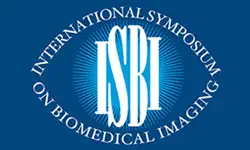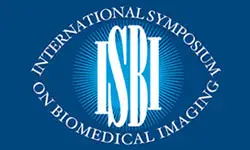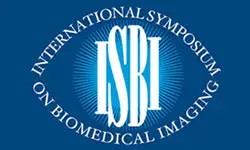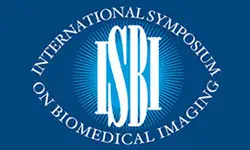Leveraging Hard Positives for Contrastive Learning In Semi-Supervised Medical Image Segmentation
Xinyi Zeng
-
Members: FreeSPS
IEEE Members: $11.00
Non-members: $15.00Length: 00:02:16
20 Apr 2023
Semi-supervised learning (SSL) has been a popular technique to resolve the annotation scarcity problem in image segmentation. Recently, contrastive learning (CL), which encourages intra-class compactness and inter-class dispersion, has shown great potential in helping SSL learn discriminative features. However, vanilla CL tends to focus on negative samples, while ignoring those hard positives (i.e., samples have dissimilar feature representations with respect to anchors) which could also deliver discriminative knowledge. In this paper, wepropose to inject hard positives oriented contrastive (HPC) learning into SSL and present an effective three-stage framework for medical image segmentation. Specifically, the first and second stages pre-train an encoder-decoder architecture through the bi-level HPC learning, including an unsupervised image-level HPC (IHPC) learning and a supervised pixel-level HPC (PHPC) learning. Notably, the PHPC loss is implemented in a region-based manner so that the model is competent to capture both global contextual and local semantic information with less memory consumption. In the third stage, the well pre-trained architecture is adapted to a semi-supervised segmentation framework. Experiments on two public datasets demonstrate that our proposed method surpasses the state-of-the-art methods.



